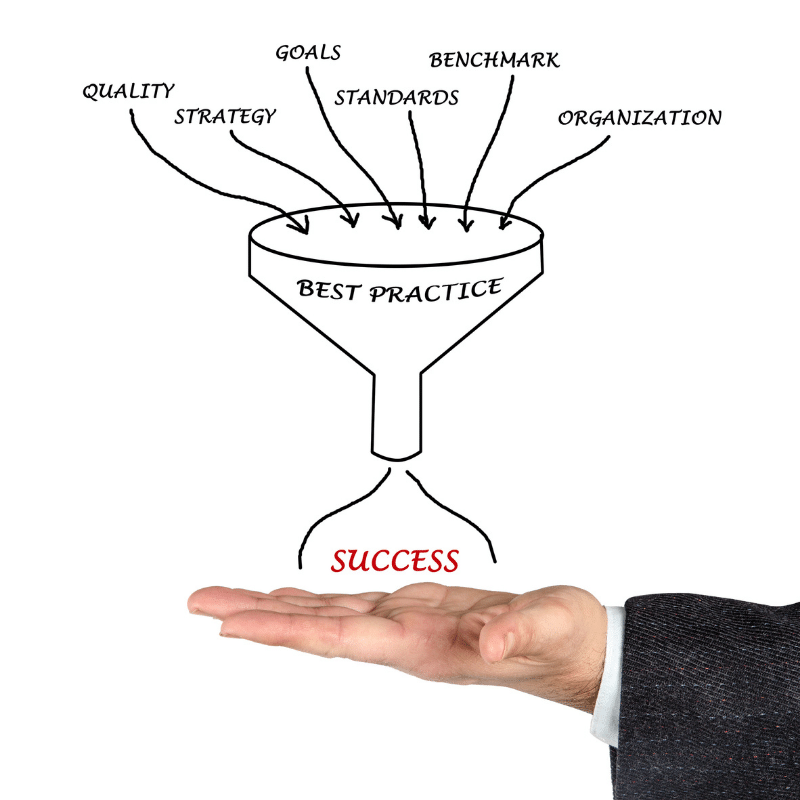Relentless preparation is the single best way to overcome stage fright. Well prepared speakers do not memorize answers to hundreds of potential questions. Instead, they prepare answers to categories of questions. The way a question is phrased is secondary. Your goal is to launch a mini presentation within a presentation. You can use the bucket method to reframe the question in your favour. Let’s assume that your product is more expensive than a similar offering by one of your competitors. Let’s also assume that there is a good reason behind the higher price. The way the question is phrased is not as important as the answer you have created for the category, which is ‘Price’. A conversation might sound like this:
Customer: Why are you charging 10% more for the same product that I can get from company X?
You: You are asking about price (here charging more is the trigger for the answer you prepared on “price”. Although the wording the customer chose is different from the term you chose, it triggers your prepared response on the subject.) We believe our product is priced competitively, especially since it improves the bottom line of our clients by 30%on average. It’s important to remember that we have the best service team in the industry. That means when you need support, you’ll get it. Our team is available 24/7.None of our competitors can say that.
Here is another example of how a CEO confidently maintained the high road, in his response to the trigger word-competition. “Our view on competition is very different from many others. Our view is that you play with class. We compete by giving our customers superior service and sharing our vision for where we see this industry is going. As we get more successful, we see more competition entering the market. It’s part of the process of being a leader.” When former secretary of state Henry Kissinger was asked how he handled media questions, he said “what questions do you have for my answers? “He had his answers already prepared. The media is a tough audience, and these days so are your customers. Don’t let uncomfortable questions throw you off your game. Place the questions into “buckets” or categories. Practice isn’t the thing you do, once you are good. It’s the thing you do that makes you good – Malcolm Gladwell
The problem is not that there are problems. The problem is expecting otherwise and thinking that having problems is a problem
– Theodore Isaac Rubin –





